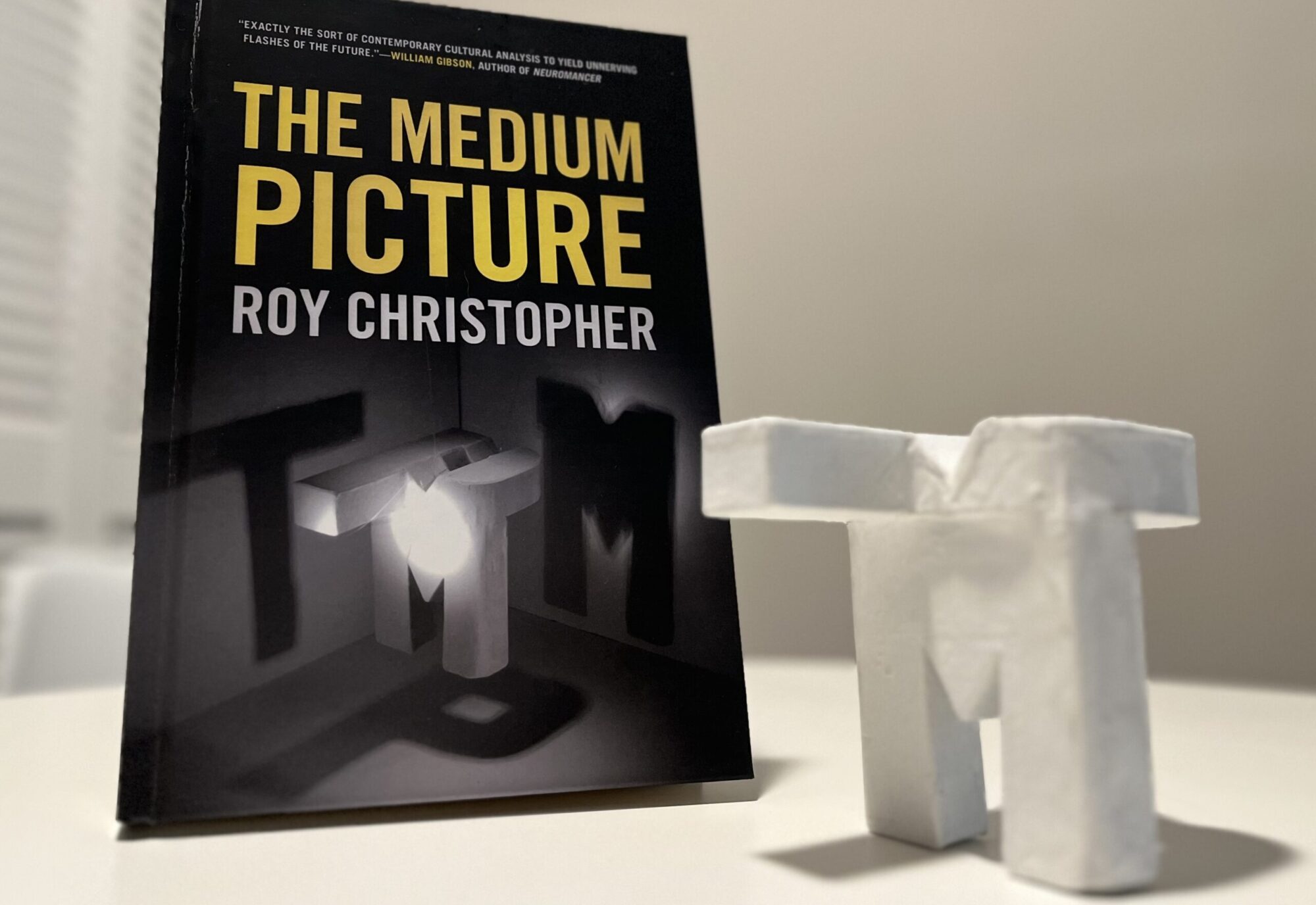No, it’s not some new awesome, all-purpose web widget. That was the subject line of an email I just received. The next one read “Butterfly Drink Book Army Data Base Aeroplane Space Shuttle,” and “Worm Data Base Rainbow Jet fighter Compass Pocket Telescope” was after that. They were spam of course, and, as much as it still frustrates me that there’s an entire industry dedicated to intruding my inbox (and phone line, and hard drive), I’m trying to see the positive.
 The subject lines above are perfect fodder for Mind Hack #19 [Seed Your Mental Random-Number Generator] from O’Reilly’s Mind Performance Hacks (edited by Ron Hale-Evans). I mean, you can make that stuff up, but randomness is easier if it just arrives via email.
The subject lines above are perfect fodder for Mind Hack #19 [Seed Your Mental Random-Number Generator] from O’Reilly’s Mind Performance Hacks (edited by Ron Hale-Evans). I mean, you can make that stuff up, but randomness is easier if it just arrives via email.
Another one I use a lot is Hack #27 [Play Mind Music]. Though I still often play Hip-hop when I work, I’ve been listening to more and more instrumental music. Here’s a sample of my recent playlist of “mind music”:
- Explosions in the Sky All of a Sudden I miss Everyone, The Earth is Not a Cold Dead Place, Friday Night Lights OST
- Cliff Martinez Solaris OST, Wicker Park OST
- Pelican City of Echoes, The Fire in Our Throats Will Beckon the Thaw
- Red Sparowes At the Soundless Dawn, Every Red Heart Shines Toward the Red Sun
- Main Hz, Motion Pool
- Mogwai Zidane OST, Mr. Beast, Happy Music for Happy People
- Peter Gabriel Long Walk Home (Rabbit-Proof Fence OST), Passion (The Last Temptation of Christ OST), Birdy OST
- Brian Eno Eno Box I: Instrumentals, Music for Airports, Apollo, Discreet Music, etc.
(Brian Eno might be the best creative catalyst available, what with his cannon of ambient music and his co-creating the Oblique Strategies [Hack #23]). Mind Performance Hacks has nearly a hundred tricks and exercises to rattle your brain out of its usual patterns.
 I also just read The 4-Hour Workweek (Crown) by Tim Ferriss and am in the middle of Daniel Pink‘s A Whole New Mind(Riverhead), both of which have exercises that will make you think differently. The former has more for achieving personal goals, delegating responsibility, and getting free of your work, while the latter has more regarding cognitive and creative concerns. Pink contends that the next revolution will come not from left-brained engineers and accountants but from right-brained creative types like designers, teachers, and storytellers (good news for artists that want to be formerly known as “starving” — thank you, Govone), and his book is rife with exercises for your right hemisphere.
I also just read The 4-Hour Workweek (Crown) by Tim Ferriss and am in the middle of Daniel Pink‘s A Whole New Mind(Riverhead), both of which have exercises that will make you think differently. The former has more for achieving personal goals, delegating responsibility, and getting free of your work, while the latter has more regarding cognitive and creative concerns. Pink contends that the next revolution will come not from left-brained engineers and accountants but from right-brained creative types like designers, teachers, and storytellers (good news for artists that want to be formerly known as “starving” — thank you, Govone), and his book is rife with exercises for your right hemisphere.
Anyway, I’m now thankful for weird subject lines in spam messages. Anything that makes me think about things in a different way is welcome.
What tricks do you have for tackling problems creatively?



